-
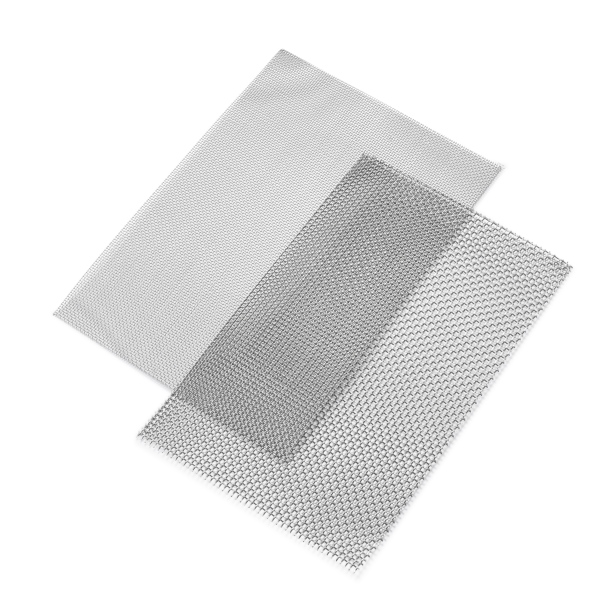
Metal Wire Mesh in Type of Plain Weave
Plain weave is a common type of weave used in metal wire mesh, which the wires are woven over and under each other in a simple crisscross pattern.Characteristics of plain weave metal wire mesh include: strong and durable; uniform aperture size; high flow and visibility; easy to cut and shape.
Common applications of plain weave metal wire mesh include: filtration; screening; insect screens; reinforcement.
When selecting plain weave metal wire mesh, factors like wire gauge, mesh size (aperture size), material type (such as stainless steel, aluminum, or brass), and specific application requirements should be considered to ensure the mesh meets the desired strength, durability, and functionality.
-
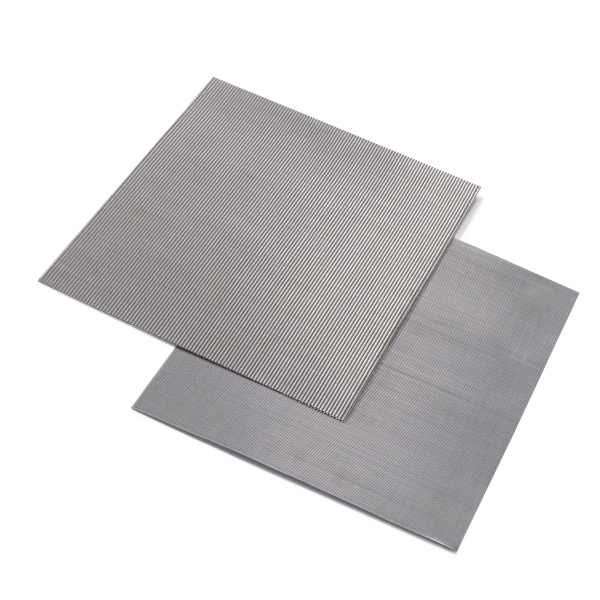
Metal Wire Mesh in Type of Dutch Weave
Dutch weave is a type of weaving pattern used in wire mesh production. It is characterized by having a greater number of wires in the warp direction compared to the weft direction. The Dutch weave pattern is commonly used in applications where finer filtration or separation is required, including chemical processing, oil and gas, food and beverage, pharmaceuticals, synthetic fiber spinning and filtration systems. Some key characteristics of Dutch weave wire mesh include: high strength; fine filtration; uniform aperture size; high flow characteristics; resistance to clogging.
Dutch weave wire mesh provides a reliable and efficient solution for applications that require fine filtration and separation, offering high strength and uniform performance.
-
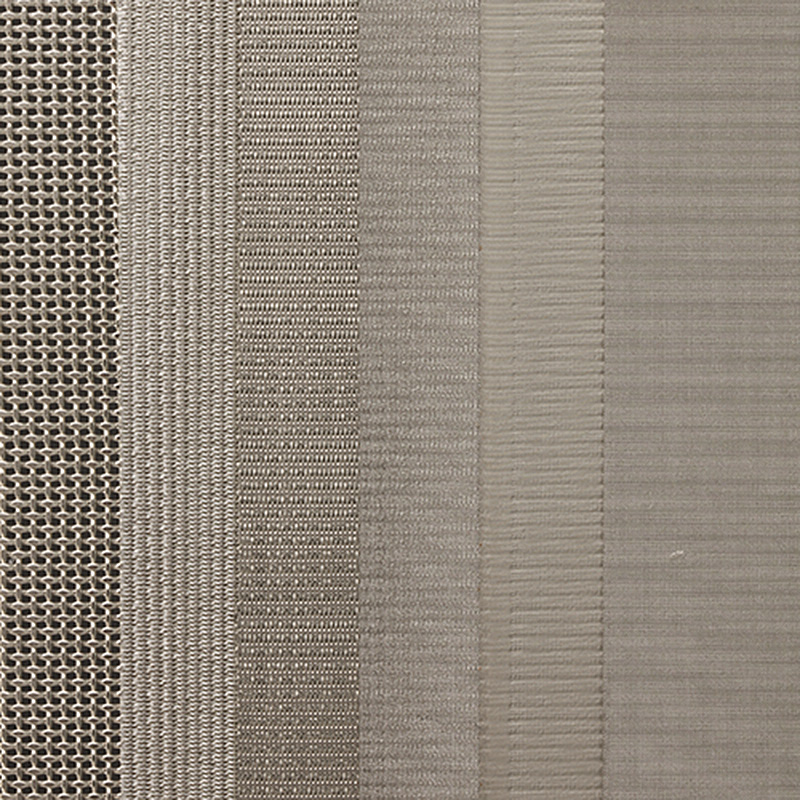
Sintered Metal Wire Mesh in Multiple Layers
Sintered metal wire mesh is a type of filtration medium composed of multiple layers of woven wire mesh that have been bonded together through a sintering process. This sintering process involves heating the mesh to a high temperature, causing the wires to fuse together at their contact points, creating a porous and rigid structure.
The multiple layers in sintered metal wire mesh provide several advantages: enhanced mechanical strength; increased filtration capability; improved flow control; versatile filtration options; durability and longevity.
Sintered metal wire mesh is used in various industries, including petrochemical, pharmaceutical, food and beverage, automotive, and water treatment, chemical fiber spinning. It finds applications in filtration systems, catalyst recovery, fluidized beds, gas diffusers, process equipment, and more.
-
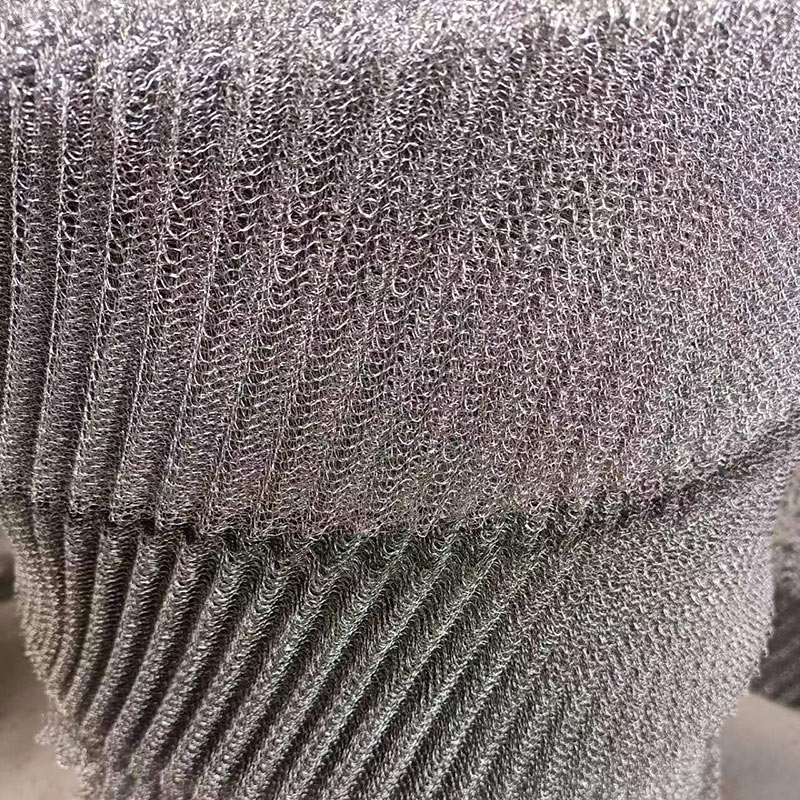
High Economic Gas-Liquid Filter Screen
A gas-liquid filter screen is a filtration device used to separate liquid droplets or mist from a gas stream. It is commonly used in industrial processes where gas and liquid phases need to be separated, such as in scrubber systems, distillation columns, and gas treatment plants.
The gas-liquid filter screen typically consists of multiple layers of woven wire mesh with specific spacing and designs to effectively capture or coalesce the liquid droplets or mist from the gas stream. These layers can be composed of different materials, such as stainless steel.
Gas-liquid filter screens are essential for maintaining the quality and efficiency of industrial processes by preventing liquid carryover, protecting downstream equipment, and complying with environmental regulations.
-
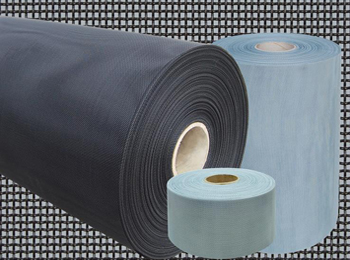
Epoxy Resin Coated Wire Mesh for Support & Protection
Epoxy resin coated wire mesh is a type of wire mesh that is coated with epoxy resin, which provides added durability and protection. The epoxy resin coating helps to prevent corrosion and increase the lifespan of the wire mesh, making it suitable for various applications.
Some common uses of epoxy resin coated wire mesh include: reinforcing concrete structures; fencing and enclosures; filtration; industrial applications.
When purchasing epoxy resin coated wire mesh, it is important to consider factors such as the mesh size, wire gauge, and the specific application requirements.





